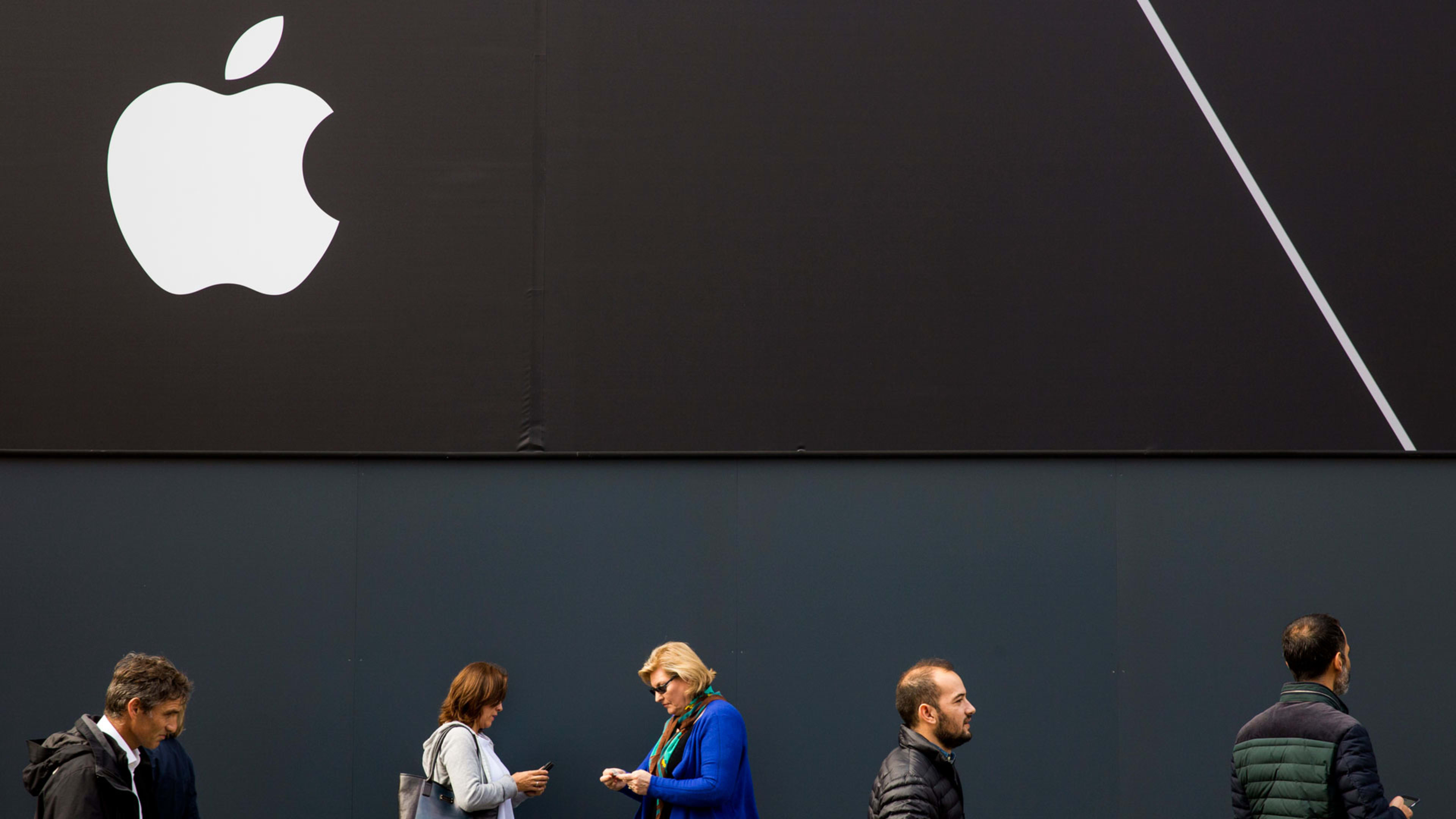The issue of sexism in tech is finally entering the mainstream conversation in a big way. And while it’s been scientifically proven that there are no significant differences between men and women’s brains, the notion persists as an excuse for the lack of parity in tech and other industries. In light of the assertions about so-called biological differences in the now infamous anti-diversity memo from a Google engineer, the results of employee personality tests from several major tech companies take on an interesting meaning.
Job matching platform Good&Co used their proprietary data to analyze the personality traits of 1,029 male and female employees. They gathered the data from assessment tests that they gave at a few of tech’s largest and most influential companies: Apple, Microsoft, Facebook, Google, and Uber. They also compared gender differences across industries from the larger pool of Good&Co app users.
Overall at those five companies, these key gender differences popped out:
- Male Facebook employees are 40% more likely to have an inflated sense of superiority compared to female employees.
- Female employees at Apple and Microsoft are 23% more prone to anxiety than their male counterparts.
- Men at Microsoft are 35% more ambitious and 34% more calculating than females.
- Male Uber employees are 32% more socially assertive than female employees.
- Google’s workforce displayed no major differences between male and female employees.
Apple vs. Microsoft
Across the board at both Apple and Microsoft men are on average 17% more enthusiastic than their female colleagues and the women are 23% more prone to have anxiety.
Apple’s female workers, however, are as calculating as the men working at Microsoft, and even a bit (10%) more calculating than their male coworkers at Apple. Female employees at Microsoft by contrast are the least calculating out of all the companies studied: 30% lower on average.
Women at Microsoft were 17% more sympathetic toward the feelings of others and 28% more engaged in their job compared to their male colleagues. Men at Microsoft are 35% more likely to be ambitious and 34% more calculating.
“Apple seems to attract women who are more inclined to use political tactics to promote their own agenda,” the research team writes, “and given the rumors about Apple’s sexist environment, it may be that women who survive in this culture know how to play the game,” the researchers write.
It’s worth noting that a previous analysis by Good&Co found that Microsoft employees are more innovative than those at Apple, perhaps suggesting that the balance between ambition and empathy is helping spark creativity.
Men and women at Facebook weren’t significantly different across the personality spectrum. This may be due to Facebook’s effort to diversify its ranks based on traditional perceptions of diversity such as gender, race, and ethnicity while also shifting toward being more inclusive of various sexual orientation, education, and experience–but still attract more like-minded personalities.
Uber
The company’s culture of discrimination against women is well-known now thanks to multiple reports of harassment. However, the psychometric team uncovered a surprising finding. “In a company where issues with gender diversity are rife the only difference between male and female workers was in assertiveness as males were 32% more socially bold than female employees.
It’s interesting to note that it’s a woman tasked with turning Uber’s culture around. Liane Hornsey was named the ride-hailing giant’s chief human resources officer in January, just before the blog post that changed everything. Prior to that, Hornsey spent nine years at Google as VP of Global People Operations before moving to sales.
Recognize your brand’s excellence by applying to this year’s Brands That Matter Awards before the final deadline, June 7.
Sign up for Brands That Matter notifications here.
